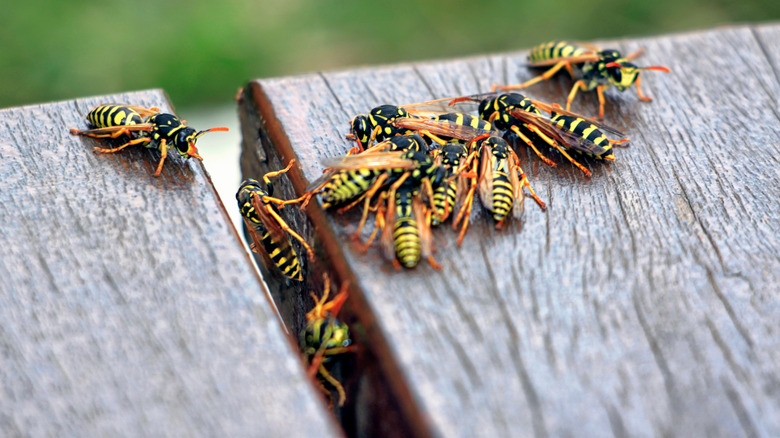When it comes to natural pest control, many people often wonder, what does mint repel? Mint is not just a delightful herb used for flavoring foods and drinks; it also has an impressive reputation for warding off various pests. This article delves deep into the compelling characteristics of mint, examining its role in pest repellent properties and its overall benefits in home settings.
Mint (Mentha) is a popular herb known for its refreshing flavor and aroma. However, it is less known that mint possesses natural compounds that can repel a variety of pests, making it a valued addition to anyone's home or garden. By understanding the repellent qualities of mint, you will learn how to keep your living spaces pest-free using organic methods.

The Benefits of Mint in Pest Control
Mint has several benefits when it comes to pest control. Not only is it a natural option, but it's also safe for the environment and for your family. Here are some noteworthy characteristics of mint that contribute to its effectiveness as a pest repellent:
- Powerful Scent: The strong aroma of mint makes it unappealing to many pests.
- Natural Pesticide: Certain compounds in mint act as natural insecticides.
- Safe to Use: Unlike synthetic pesticides, mint poses no health risks to humans or pets.

What Does Mint Repel? A Detailed Analysis
Now that we understand the benefits, lets explore specifically what pests mint can repel:
1. Ants
A common nuisance in many homes, ants can be effectively deterred using mint. The smell of mint acts as a barrier, guiding ants away from the treated areas. Simply crush some mint leaves or use mint essential oil as a natural deterrent.
2. Mosquitoes
The refreshing aroma of mint is known to repel mosquitoes, making summer evenings more enjoyable. According to WebMD, using mint oil can help deter these pesky insects.
3. Spiders
While spiders can be beneficial in controlling other insect populations, they can be undesirable in our living spaces. Mints scent can help keep them at bay, making it a staple in households.
4. Cockroaches
Cockroaches are hardy pests that can infiltrate our homes. Mint is noted for its ability to repel cockroaches, offering relief to those struggling with infestations.
5. Mice
Mint can also repel mice. Its strong smell is usually enough to deter them from entering or nesting around your home.

How to Use Mint for Pest Control
Implementing mint in your pest-repelling strategy can be simple. Here are a few methods to consider:
1. Essential Oil Sprays
Mixing mint essential oil with water and a few drops of dish soap creates an effective spray that can be used around windows, doors, and other entry points for pests.
2. Planting Mint
Growing mint plants in your garden can naturally repel pests. Not only will they ward off unwanted insects, but they will also provide a fresh supply for culinary use.
3. Dried Mint Leaves
Placing dried mint leaves in strategic places around your home can help keep pests at bay. Consider putting some in cabinets, drawers, or even in your pantry.

Other Natural Pest Repellents
While mint is highly effective, there are many other natural options available. For example, lavender is known for its aromatic properties that repel a multitude of insects, while cinnamon can deter ants and other pests as well.
Conclusion
In conclusion, when pondering what does mint repel, one realizes that this versatile herb is more than just a culinary addition. Its natural repellent properties make mint a substantial ally in pest control. Not only does mint help keep your home and garden pest-free, but it does so safely and effectively. Embrace the power of mint in your pest management strategies, and enjoy a pest-free living environment!
Frequently Asked Questions (FAQ)
1. Does mint really repel mosquitoes?
Yes, mint is known to repel mosquitoes, especially when used as an oil or plant.
2. Can I grow mint indoors?
Absolutely! Mint can thrive indoors in pots placed near windows.
3. Are there any side effects of using mint for pests?
Mint is generally safe for humans and pets, but some individuals may have sensitivities to essential oils.
As an Amazon Associate, I earn from qualifying purchases.
